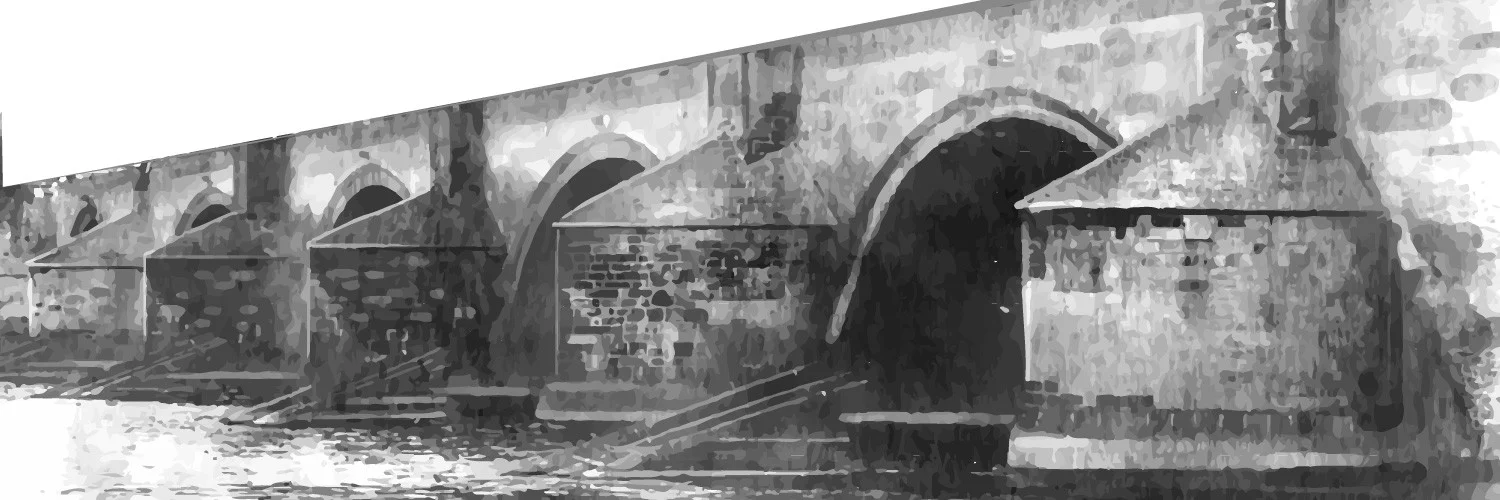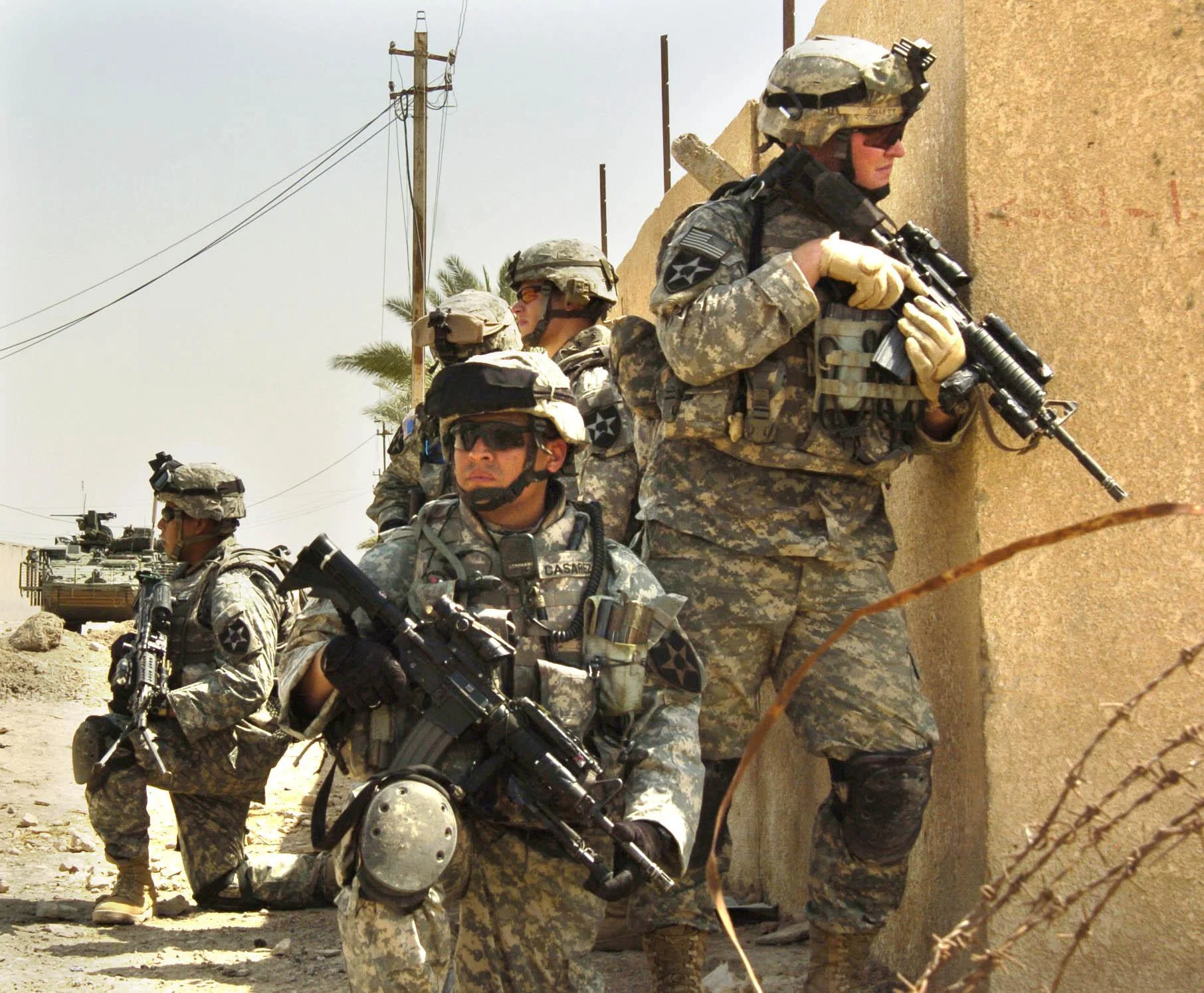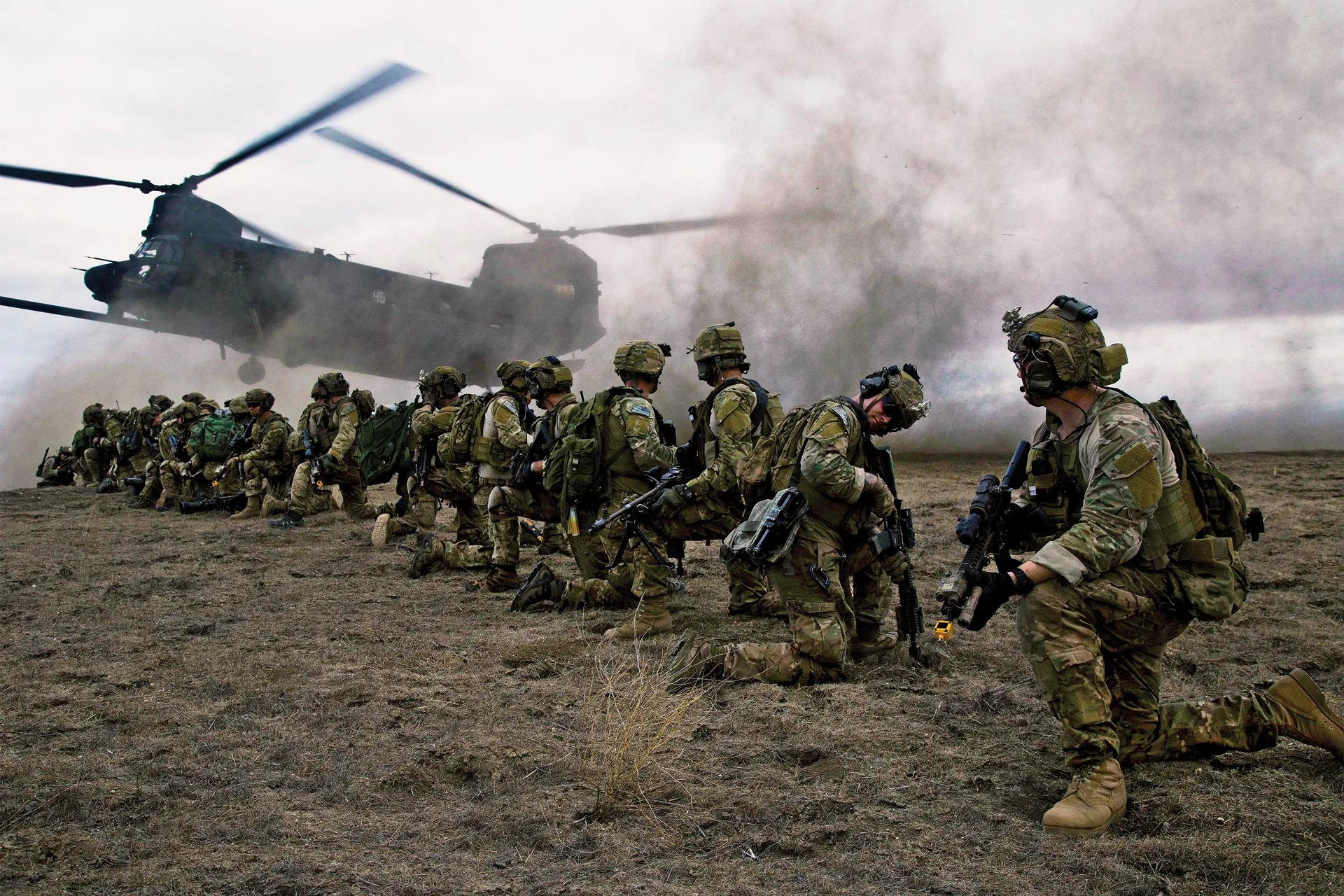The KCME Military Ethics Education Playing Cards Deck is an exceptionally versatile tool that has great utility for both individual reflection and organizational-level ethics education. It should become part of professional military ethics education toolkits across the U.S. Armed Forces and its allies and partners. As more military practitioners use the Deck, they should contribute their own stories and perspectives to KCME to make the tool even better.
Getting Mentoring Right: #Reviewing Athena Rising
This book tackles the question of why men are terrible at mentoring women and how to fix it. The book is written as a practical, common-sense guide aimed squarely at men who can recognize opportunities for cross-gender mentoring, but aren’t sure how to start. If you’re a man, do a quick inventory of your mentoring relationships. If none of them involve women, pick up a copy of this book and use it as an opportunity for structured self-reflection on that topic. If you’re a woman and looking to start a mentoring relationship with a man, use this book as your initial outreach. If nothing else, it will make a great conversation starter to get things going.
Reflections on Mentoring and #Leadership
The U.S. Armed Forces are in for lean times ahead. Budget cuts, continuing operational demands, and ongoing attempts to re-learn the core competencies of conventional warfare will all come together to make resources scarce. Unit-level leader development efforts will have to function with minimal outside resources and assistance; even the minimal assistance higher echelons provided in the past is likely to look luxurious by comparison. At the same time, we should view this period as an opportunity to re-embrace some skills we’ve allowed to atrophy - or at least lay fallow - over the last decade of intense operational activity. The deliberate practice of professional mentoring is one of these skills that, if thoughtfully applied, can pay great dividends for military leaders in the immediate future.
#Monday Musings: Ray Kimball
Staff Tools and Their Discontents
Staff tools are only as good as the person behind the implement. The most exactingly detailed information paper format is useless unless someone wields it with sufficient intellectual curiosity to ask the hard questions and the dedication to find answers to them. The best-planned briefing will fall flat if the presenter is insufficiently empathic to understand the needs and desire of their audience. Marshall McLuhan famously said, "We shape our tools, and then our tools shape us." Staff officers have an obligation to craft their tools while remaining firmly in command of their employment.
Humble Leaders are the #FutureOfWar
The recent Future of War conference hosted by the New America foundation highlighted the anticipated complexities of future warfare, everything from autonomous platforms to biotechnology. In fact, the sheer volume of predictions was overwhelming, lending new truth to Sir Michael Howard’s oldobservation that the task of military science is “to prevent the doctrines from being too badly wrong.”
Complexity in warfare is not a new characteristic, but the expansion of warfare into new realms suggests an ever-growing list of challenges for military leaders. The growing spectrum of needed competencies exceeds the grasp of even the most talented leaders in our ranks. A new way is needed.
The Future of War is profoundly uncertain; therefore, adding humility to our conception of successful leaders is essential.
A recent Catalyst study suggests one option, which they label inclusive leadership. While this may feel like yet another round of buzzword bingo, a closer look at the components of inclusive leadership reveals characteristics that should be familiar to good leaders in the ranks. Specifically, inclusive leadership calls for leaders to use the skills of their peers and subordinates to bring the maximum amount of talent to bear on the problem. Three of the four characteristics of inclusive leadership have direct analogues in existing military leadership practice: empowerment, courage, and accountability.
But the fourth, humility, seems to fall outside of our accepted leader characteristics. In fact, the word itself has no mention in Army, Air Force, orMarine leader doctrines, and is only cited in passing in the Navy Leader Development Strategy. And while it may be that this is yet another example of Americans not following their own doctrine, many leaders would be hard pressed to remember the last time they heard of humility being celebrated as a military virtue. But humility is an essential response to uncertainty, because it allows leaders to remain open to new ideas and innovative approaches.
Critics of this idea might say that this is old wine in new bottles, as all of the service leader doctrines already contain some variation on the idea of selfless service. But selfless service and humility, although both essential, are profoundly different characteristics and actions. In fact, selfless service can work against an acceptance of uncertainty by encouraging leaders to put trust in ideas that they don’t understand and may even have deep reservations about. Humility, on the other hand, accepts that there may be concepts outside the leader’s grasp while still pushing to find someone who does understand those ideas.
The strongest argument against humility as an essential part of military leader practice is its equation to weakness. But just as all virtues become vices when taken to extremes, so can humility be moderated in a way that makes it effective. For proof of this, we can look to a historical vignette.
At 0400 on June 5th, 1944, GEN Eisenhower gathered his OVERLORD commanders for a decision on whether to launch the Normandy invasion on June 6th. After hearing a possibility of a break in the terrible weather that had postponed the attack by 24 hours, Eisenhower polled his commanders for their views. Finally, as Carlo D’Este describes in Eisenhower in Peace and War:
After everyone had spoken, Eisenhower sat quietly. [Chief of Staff Walter Bedell] Smith remembered the silence lasted for five full minutes…When Ike looked up, he was somber but not troubled. “OK, we’ll go.” With those words, Eisenhower launched the D-Day invasion of Europe, an enterprise without precedent in the history of warfare.
Note what was missing in the vignette above: no bombastic speeches, no cross-examinations, no demands for guarantees. In accepting that he had the best information he was going to have and moving forward on that basis, Eisenhower epitomized the humble leader and gave us a model of how humility can be incorporated with our other martial values to deal with the profound uncertainty of the future.
The author would like to thank the members of the Military Writers Guild for their insights on service leadership doctrine. Any errors remain those of the author alone.
This post is provided by Ray Kimball, an Army strategist and member of The Military Writers Guild. The opinions expressed are his alone and do not reflect those of the U.S. Army, the Department of Defense, or the U.S. Government.
Have a response or an idea for your own article? Follow the logo below, and you too can contribute to The Bridge:
Enjoy what you just read? Please help spread the word to new readers by sharing it on social media.
Thoughts on our #Profession
Harriet Beecher Stowe’s novel Uncle Tom’s Cabin inflamed anti-slavery sentiment leading up to the American Civil War. When she met President Abraham Lincoln in 1862 during some of the darkest days of that conflict, he remarked:
So you are the little woman who wrote the book that started this great war.
Reading The Strategy Bridge #Profession posts touched off by Dr. Pauline Shanks Kaurin’s tweet brought that famous quote to my mind. There has been no lack of discussion on the topic of military professionalism since that first post, whether it was here, Twitter, Facebook, or various strategy and national security listservs. Since I had the good fortune of getting my opinion in before the fracas started, The Bridge was kind enough to offer me space to pen some overview thoughts. After having a chance to read the excellent series of submissions here on the topic, I find myself still dealing with three nagging questions.
Are we a profession?
Jill Sargent Russell’s piece ruffled a lot of feathers with a flat “no.” In many of the ensuing responses, I noticed a recurring tautology: we’re members of a profession because we say we are; because we have offices with “profession” in their title; or because Dead White Guy said so.* Huntington’s model got invoked a few times in response, which is problematic when you remember that he, a) created his model solely to support a broader position about civil-military relations, and b) didn't consider NCOs and enlisted soldiers to be professionals. Another problematic assertion was a claim of professionalism derived from the military requirement to potentially give one’s life in service to the nation. This strikes me as true, but irrelevant; I cannot think of any profession that has “sacrifice” as a key element of professional identity.
I can’t agree with Russell’s contention that members of the military don’t fit under an overarching rubric of profession because not every servicemember stabs a terrorist in the face before breakfast.
Nevertheless, I can’t agree with Russell’s contention that members of the military don’t fit under an overarching rubric of profession because not every servicemember stabs a terrorist in the face before breakfast.** Although the wielding of violence is not a routine occurrence for most members of the military, we select and train service members with the expectation that they may be called upon to exercise that franchise. No one expects a podiatrist to step in and perform complicated neurosurgery; but the average observer would expect said specialist to perform basic medical procedures in a situation where they were called for.
Is there a difference between “a profession of arms” and “service professions”?
Many of The Bridge authors conflated the original question of military as a profession with the idea of the Army as a profession. Given that the majority of responders were Army officers, this is neither surprising nor inappropriate. “Write what you know” is a recurring tenet in most official and unofficial guides to professional writing (see what I did there?) But it does beg the question of whether we should be looking at the profession of arms as a whole or individual service professions. The difference between the two has implications for everything from shares of the defense budget to concepts of joint warfare.
The difference between the two [profession of arms or individual service professions] has implications for everything from shares of the defense budget to concepts of joint warfare.
A strong argument for the concept of service professions as opposed to a profession of arms comes from @InTheInfantry’s “As Professional as Circumstance Allows.” His piece deftly spells multiple ways that the Army has altered professional standards over the past decade in response to the iron calculus of protracted war. Many of his critiques were familiar to Army officers who read and commented on them; other service officers were less receptive:
When do we become professionals?
If we are a profession, then there must be professionals in it; but simply entering into a professional career field is not enough to confer that title on someone. There has to be a mechanism whereby someone demonstrates professional ability and skill. For doctors, it’s typically board certification; for lawyers, it’s passing the bar. Mike Denny’s piece posits that cutoff point for the Army as occurring “when an individual soldier attains enough knowledge and expertise to demonstrate an ability to act and make decisions autonomously.” But when, exactly, does that happen?
Is it combat? Surely not, as there are generations of Cold War soldiers who we would describe as professional, yet never “saw the elephant”.
Is it completion of a certain level of PME? Given the number of people who reference PME by saying, “it’s only a lot of reading if you do it,” this would seem a dubious milestone.
My insistence on a fixed benchmark for professional status may seem downright Jominian for such a Clausewitzian notion. But it’s also a reflection of our accountability to civilian leadership for our conduct and performance.
My sincere thanks to everyone who contributed to this discussion and made it a model for future conversations!
* I choose not to link to specific instances of any of these because I have no interest in starting a blog/Twitter fight.
* My absurd oversimplification, not hers.
This post is provided by Ray Kimball, an Army strategist who thinks he’s a professional…but how would he know? This post reflects his opinions, not those of the U.S. Army, the Department of Defense, or Section 31.
Have a response or an idea for your own article? Follow the logo below, and you too can contribute to The Bridge:
Enjoy what you just read? Please help spread the word to new readers by sharing it on social media.
#Profession in One Tweet
Try the “One Tweet” challenge on your own. Capture what you perceive as the essential elements of your own profession or organization, and challenge your peers and subordinates to do the same. Keep in mind that challenges like this often reveal more in what they exclude than what they include. Compare the results and use the similarities and differences to drive a conversation that leads to actions like a “stop doing” list. You might be surprised by the results.
The Army #Operating Concept’s Global Landpower Network: Challenges and Cautions
Any government document with 65 endnotes and a Thucydides call-out in its first three pages can’t be all bad. The AOC is appropriately wide-ranging, covering the full range of Army missions. This piece will focus narrowly on an AOC concept that is mentioned, but not significantly fleshed out: the global landpower network.










